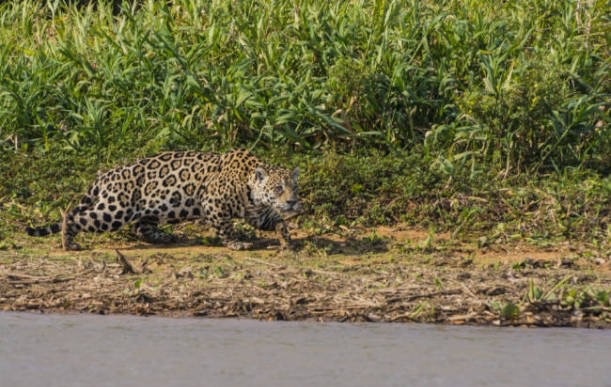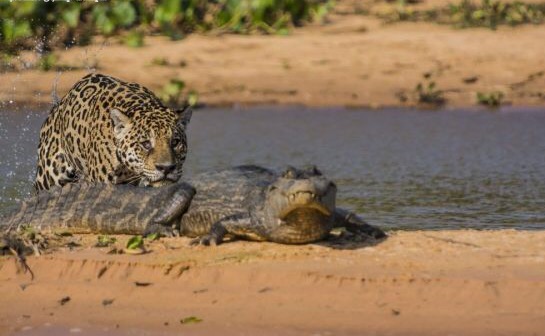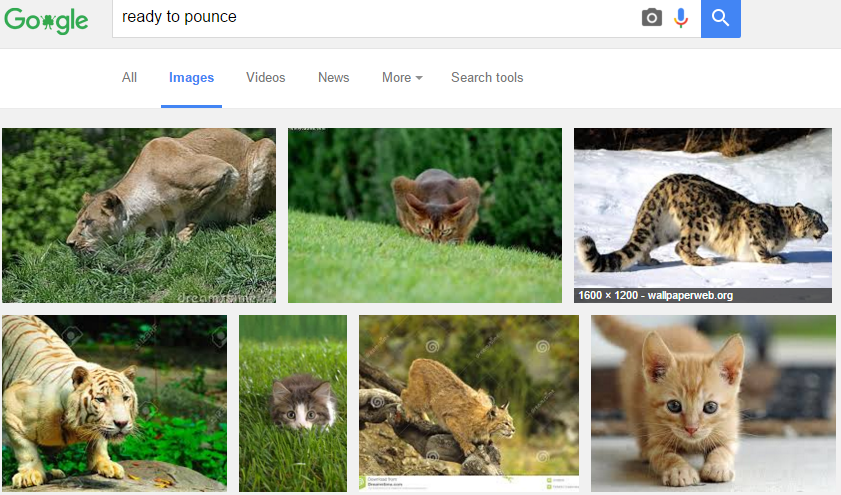Some animals like tigers, lions, cats, etc do this action before attacking their prey suddenly and unexpectedly. In fact they seem waiting insidiously (?) until the appropriate moment for attacking and (usually) the poor prey is not aware of their presence.
What is the verb, phrase, or idiom for describing this action/ state?
I have found "ambush" but I don't know wether it can be used for animals or not.





